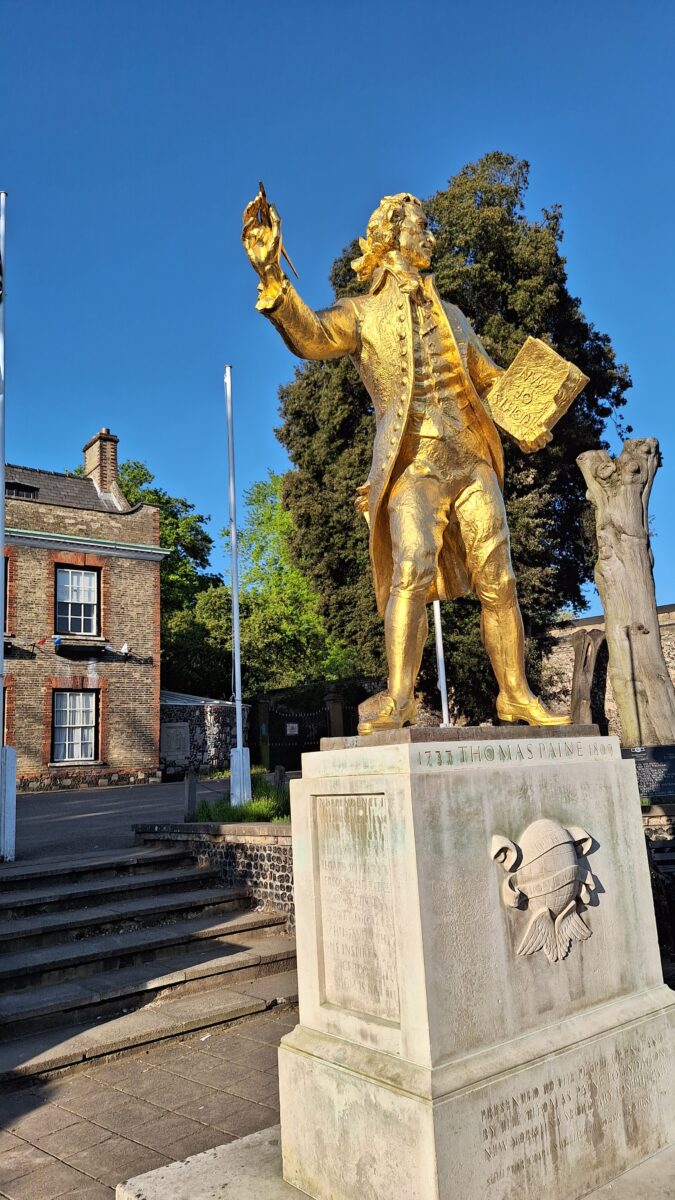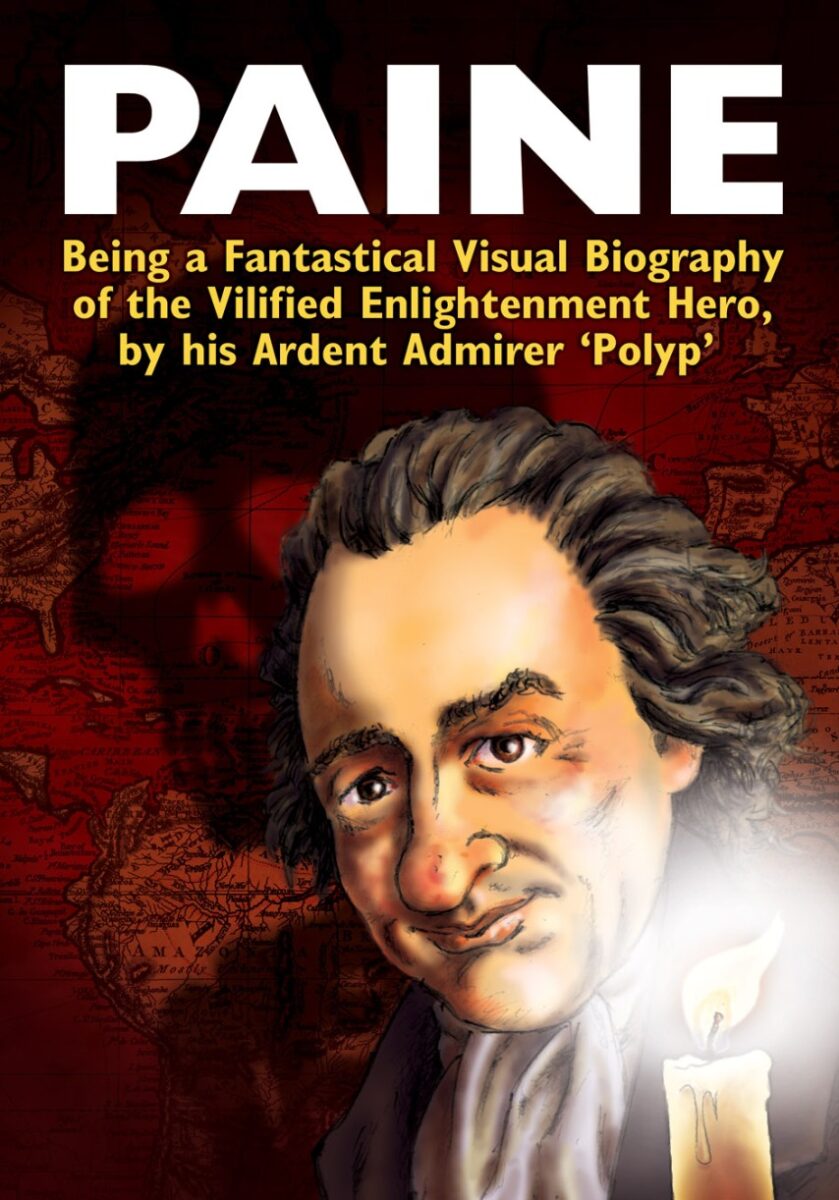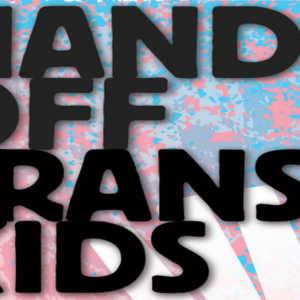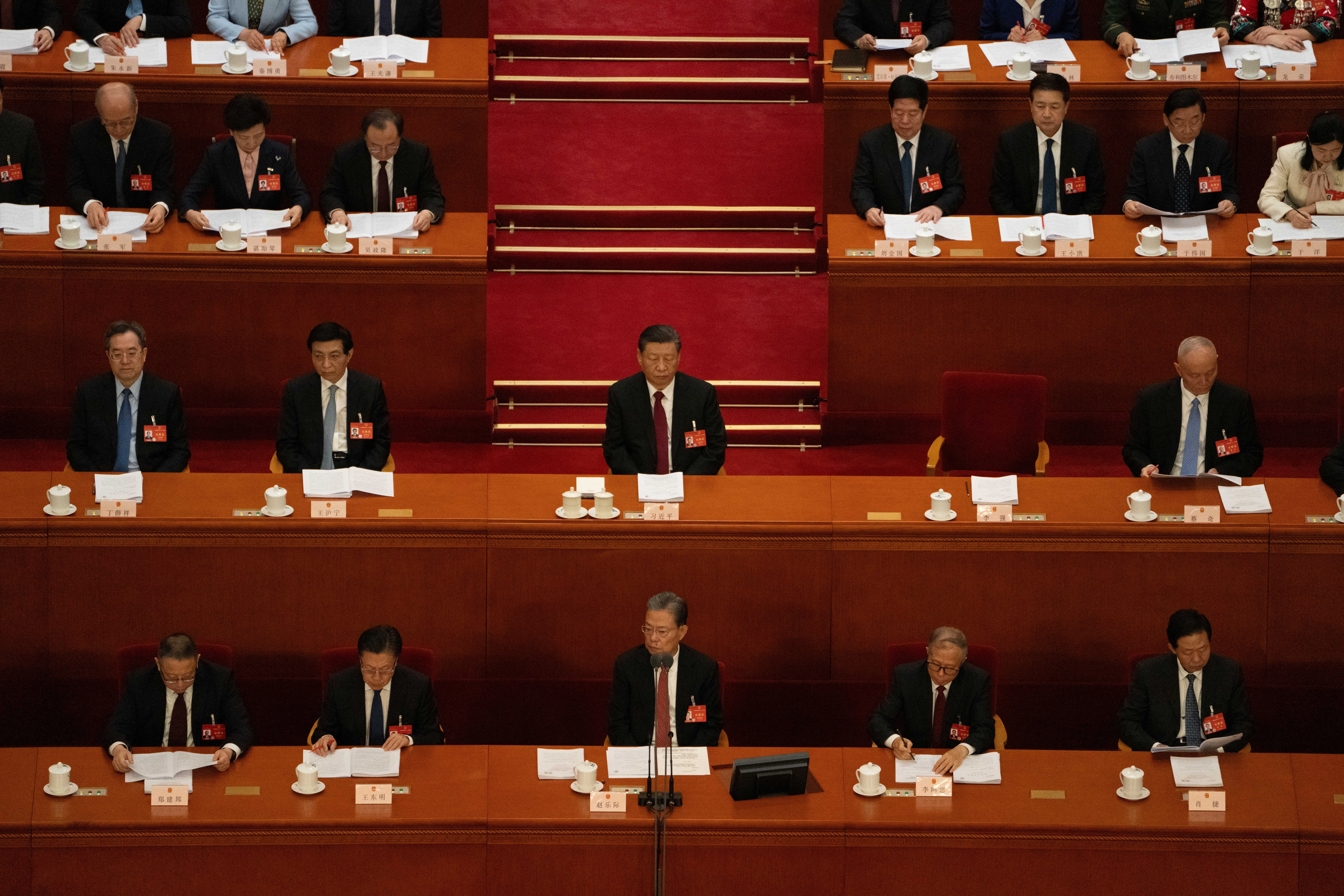Early this year I went to Thetford in Norfolk and stayed in the Thomas Paine Hotel which has recently, post-pandemic, put up a little exhibition about our hero. There is also a gold statue in the town of Paine holding a copy of his blazing reasoned defence of the French Revolution ‘Rights of Man’. The book in his hand on the statue is upside down, which has prompted comments online about how serious Paine was. He was deadly serious, and nearly dead as a result of his participation in that Revolution as a matter of fact.
Paine
Paine was part of the Enlightenment tradition that valued human ‘reason’ over religious mystification, and participated in not one but two world-shaping revolutions. First he travelled to the Americas and was a key player and writer in the formation, in 1776, of what become known, from a phrase that Paine himself coined in a pamphlet ‘United States of America’, a liberation struggle from British colonialism. It was there that Paine wrote the pamphlet ‘Common Sense’. Paine was admired by other leading figures in that revolution, some of whom let him down because of his too-radical politics when he was in a sticky situation soon after.
He then travelled to France and was an active participant in 1789 in the French Revolution, and was sent to the assembly as a representative for Calais. It was then that his Quaker principles that he carried with him were still evident, even though by that time he had broken from religion altogether. He objected to the Robespierre obsession with violence as a cleansing force of revolution, and Paine argued that Louis XVI should not be guillotined. As a result, Paine himself was locked up, and had a very lucky escape. He returned to the US.
Detractors
The Thomas Paine Hotel in Thetford sets out the story in rather a strange way in its ‘commemorative edition menu’, offering up an account that will be music to the ears of the US servicemen who come to stay at the hotel – his friendship with Benjamin Franklin and all that kind of stuff – and sidelining involvement in the French Revolution.

The account on the hotel’s menu says that ‘Paine was misled as to its true meaning’, and complains that ‘The controversy that Paine caused in his own day has resulted in this great champion of individual rights being branded as a prototype Communist’. I can tell you that a friendly conversation with the hotel’s owner came to a bad end over air conditioning, which they were installing for their US servicemen guests, and consequences for climate change.
Admirers
The record is set straight in a marvellous book by Manchester historian and cartoonist Paul Fitzgerald, aka ‘Polyp’ published last year, 2022, as PAINE: Being a Fantastical Visual Biography of the Vilified Enlightenment Hero by his Ardent Admirer ‘Polyp’. It would be underselling the book to say it is a ‘graphic novel’. With greatest respect to Rius, who gave us a useful illustrated introduction to Marx years ago, this is not just a pen and ink effort. The Polyp book is a beautifully illustrated and carefully researched compilation of direct quotes from Thomas Paine, which are marked in yellow text boxes, and quotes from friends and enemies.

You will be struck by the nastiness of some of the portrayals of Paine, with the yellow press whipping up mock executions, and a series of lurid tales about his devilish irreligious beliefs and lifestyle. The book does not shirk from some of his shortcomings, while also showing us what a great engineer this man was as well as active social reformer, revolutionist.
There is a lovely illustrated talk by Polyp on YouTube at the Working Class Movement Library in Salford. Thanks to Chris for lending me his copy of the Polyp book. I’ll now buy my own, and more as presents, and recommend that you do too.
Art (47) Book Review (102) Books (106) Capitalism (64) China (74) Climate Emergency (97) Conservative Government (90) Conservative Party (45) COVID-19 (43) Economics (36) EcoSocialism (48) Elections (75) Europe (44) Fascism (52) Film (47) Film Review (60) France (66) Gaza (52) Imperialism (95) Israel (103) Italy (42) Keir Starmer (49) Labour Party (108) Long Read (38) Marxism (45) Palestine (133) pandemic (78) Protest (137) Russia (322) Solidarity (123) Statement (44) Trade Unionism (132) Ukraine (324) United States of America (120) War (349)
Latest Articles
- France after the elections: How should the radical left act?In the wake of the National Assembly’s dissolution and new parliamentary configuration, La France Insoumise (LFI) should adopt a clear stance of radical opposition, emphasizing its commitment to anticapitalist principles and democratic reforms while avoiding any compromise with the existing government unless it secures absolute majority support from the populace, argues Gilbert Achcar.
- Why Socialists Oppose the Two‑Child Welfare CapIn this article, Simon Hannah explores why socialists vehemently oppose the government’s two-child welfare cap, arguing that it stems from austerity measures and reactionary views on the poor.
- Hands off Trans KidsA pamphlet from Anti*Capitalist Resistance.
- Two Child Benefit RevoltDave Kellaway responds to the revolt by Labour MPs and others to the Labour government keeping the Tories’ hated two child benefit cap.
- The beginning of the end of China’s rise?This is the second interview in a two-part series. The first interview (“Opposing US militarisation in the Asia-Pacific should not mean remaining silent on China’s emerging imperialism“) covered the nature of China’s state, its status in the world today, and implications for peace and solidarity activism.







As a kickstarter funder of this book, I can definitely agree with Ian’s assessment! And yes, you certainly should all go and buy a copy.